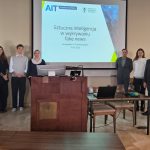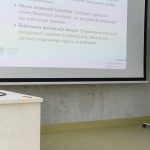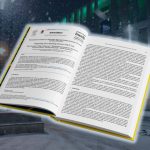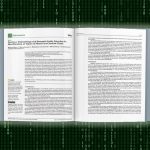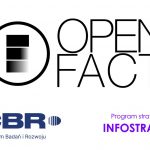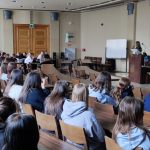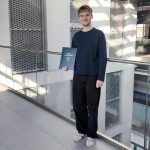
In the 29th edition of the UEP Foundation’s competition for the best bachelor’s and engineering thesis defended at the Poznań University of Economics and Business in the 2023/2024 academic year, the thesis titled “Detecting Human Faces Generated by Artificial Intelligence Models” won first place. The author of the thesis: Patryk Danielewicz, the supervisor: Prof. Krzysztof Węcel.
